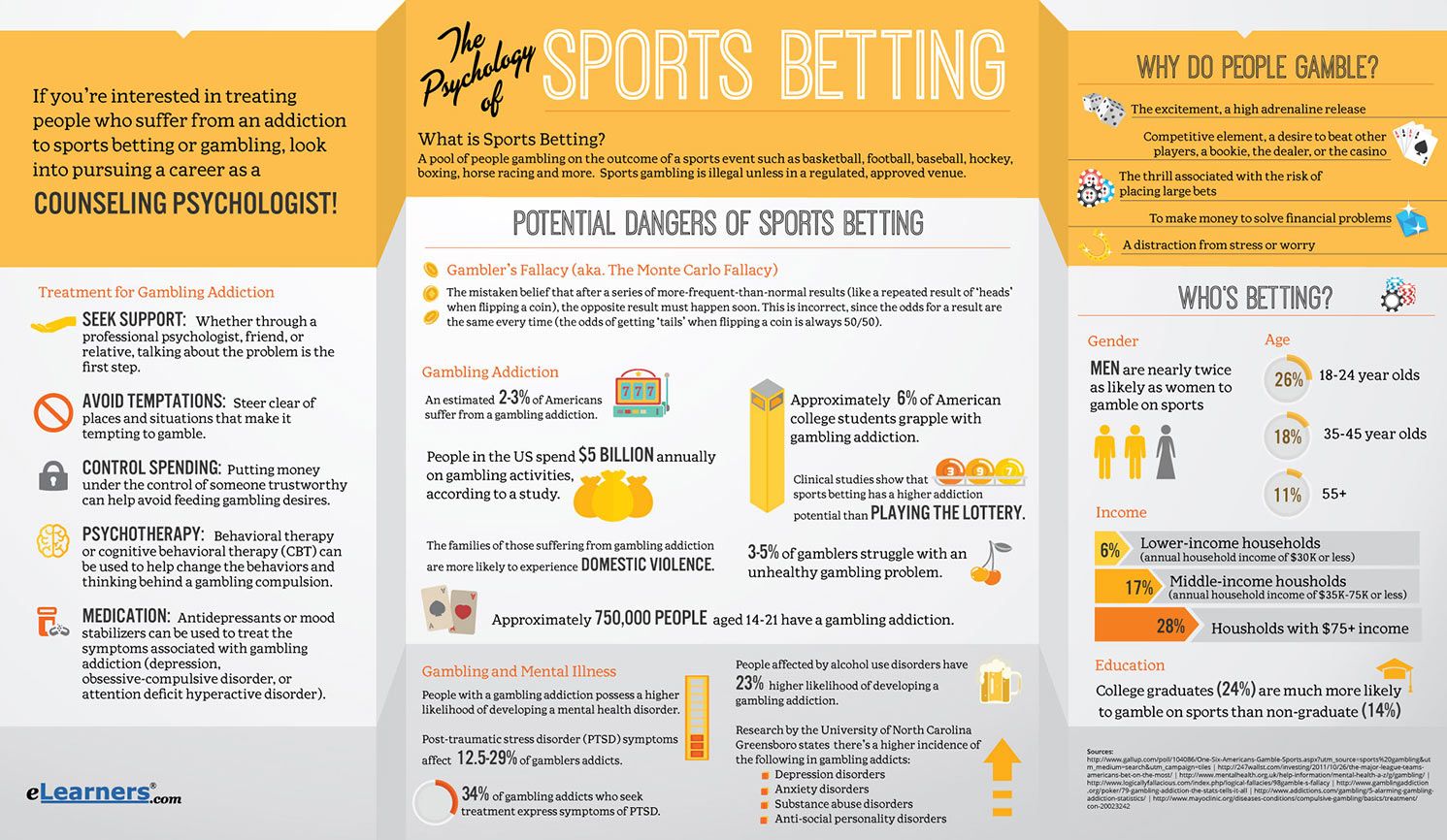When it comes to sports betting, many people focus solely on statistics, odds, and strategies. However, one crucial aspect that is often overlooked is the psychological component of wagering. Understanding the mental game behind sports betting can significantly impact your success as a bettor. In this article, we will delve into the intricacies of sports betting psychology and explore how you can use it to your advantage.
The Influence of Emotions
Emotions play a significant role in sports betting. Whether it’s excitement, fear, or overconfidence, emotions can cloud your judgment and lead to poor decision-making. It’s essential to recognize the influence of emotions on your betting behavior and learn how to manage them effectively.
One common mistake that bettors make is letting their emotions dictate their bets. For example, placing a bet on your favorite team regardless of the odds or betting more than you can afford to lose due to a winning streak can be detrimental. By setting aside your emotions and approaching betting with a clear and rational mindset, you can make more informed decisions and improve your chances of success.
The Role of Cognitive Biases
Cognitive biases are another crucial aspect of sports betting psychology. These biases can lead you to make illogical choices and distort your perception of reality. Some common cognitive biases in sports betting include confirmation bias, anchoring bias, and availability heuristic.
Confirmation bias, for example, is the tendency to seek out information that confirms your existing beliefs while ignoring evidence that contradicts them. This bias can lead you to make biased decisions and overlook relevant information that could impact your bets. By being aware of these biases and actively working to counteract them, you can improve your decision-making process and make more objective bets.
The Importance of Discipline
Discipline is a crucial aspect of sports betting psychology. It involves setting clear goals, sticking to a betting strategy, and managing your bankroll responsibly. Without discipline, it’s easy to succumb to impulsive behavior and make irrational bets based on gut feelings or emotional reactions.
One way to cultivate discipline in your betting approach is to establish a set of rules and guidelines that you follow consistently. This could include setting limits on the amount you bet, avoiding chasing losses, and maintaining a strict bankroll management strategy. By adhering to these principles, you can mitigate risks, minimize losses, and improve your overall profitability as a bettor.
The Power of Mindset
Your mindset plays a significant role in your success as a sports bettor. A positive and resilient mindset can help you navigate the ups and downs of betting with grace and composure. It’s essential to maintain a growth mindset and view losses as learning opportunities rather than setbacks.
One way to cultivate a positive mindset in sports betting is to focus on the long-term instead of getting caught up in short-term results. Embrace the process of continuous improvement and be willing to adapt your strategies based on feedback and results. By staying open-minded and optimistic, you can enhance your overall betting experience and increase your chances of success.
Conclusion
In conclusion, sports betting psychology plays a crucial role in determining your success as a bettor. By understanding the influence of emotions, cognitive biases, discipline, and mindset on your betting behavior, you can make more informed decisions and improve your overall profitability. Remember to approach sports betting with a clear and rational mindset, actively work to counteract cognitive biases, maintain discipline in your betting approach, and cultivate a positive and resilient mindset. By incorporating these principles into your betting strategy, you can elevate your game and increase your chances of success in the competitive world of sports betting.
